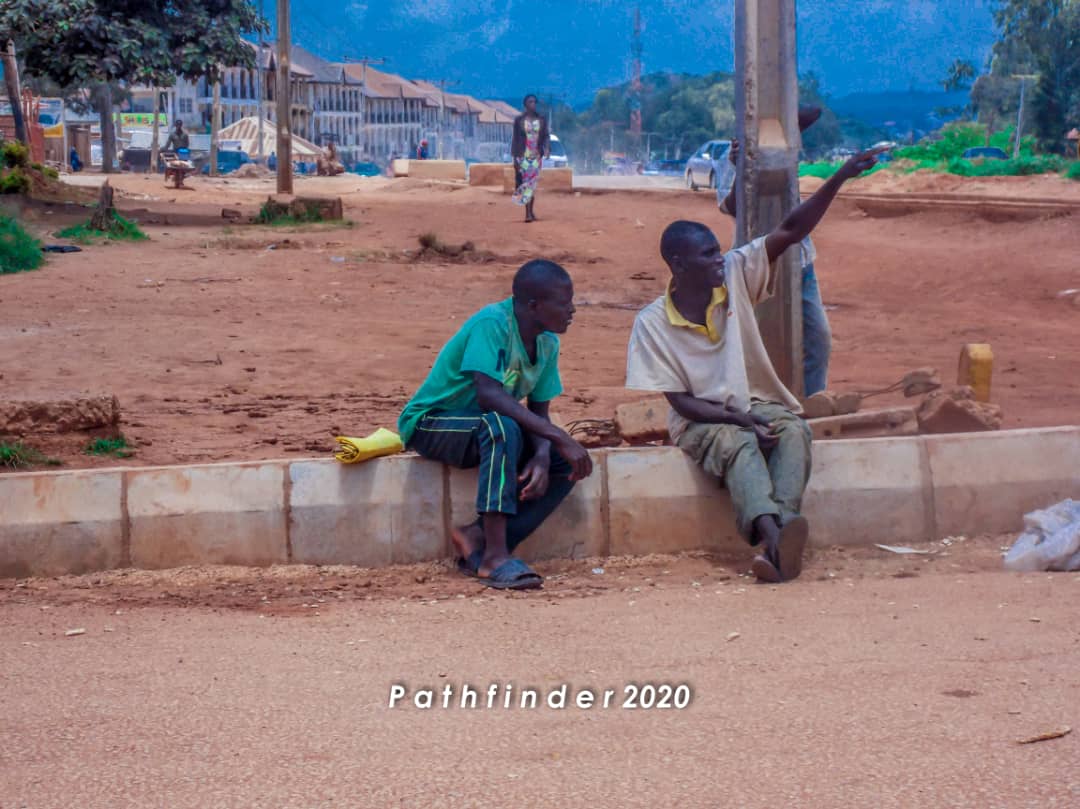By Kefas Bangripga
Nigeria is considered a developing country when in reality we are an underdeveloped country, this is due to the fact that our political class view development as an abstract concept, which also explains the reason why successive governments have grossly failed in their attempts to deliver sustainable development and dividends of democracy to Nigerians. Demographically, Nigeria is among countries whose demography is constituted by a population of young people, not just young but creative in diverse areas. But lack of opportunities has pushed many of our best brains to overseas, where their potential are exploited in different spheres: Medicine, Economy, Education, Technology, Politics, sports, to mention but a few, and these Nigerians are significantly contributing to the development of their host countries.
Gigantic amount of funds have injected into some socioeconomic empowerment programmes aimed at alleviating poverty and arresting youth restfulness. One of such initiatives is the N-POWER programme, which has little or no bearing on capacity building and youth empowerment. There is therefore need for a paradigm shift in our approach to socioeconomic empowerment of the youths.
On the basis of socioeconomic development, Nigeria has the human resources to compete with countries like India, China, Malaysia, Brazil and and other countries that have achieved monumental development strides. But here we are in the same bracket with Ghana, Guinea, Pakistan, Kenya etc, even Rwanda is overtaking Nigeria on that path.
Our fundamental problem is typified by our deliberate inability to capitalise on the enormous potential of our human resources. We continue to borrow and our debt continue to accumulate, even at that our poverty index continue to move in an upward trajectory, that is because the funds only circulate within the political cycle, which creates “Political economy”. Within the context of this concept, the political class amass huge amount of wealth for themselves at the expense of the citizens. Rodney (1973) identified this as one of banes to Africa’s development, when he asserted that, Africa will continue to be underdeveloped if significant proportions of the budgets of most African countries are channeled into administration rather than capacity building.
Capacity building and empowerment have been misinterpreted by our political class. To them empowerment is enrolling the citizens (their people) into government agencies and institutions by the virtue of their influence, while capacity building is about sending their people abroad to acquire knowledge and come back to be incorporated into government payroll, nothing more, nothing less. The consequences of this trend is, the system and the resources become overstretched, because our revenue base is weak, hence no longer sustainable and proportional to our population growth.
In the true sense of the words, capacity building is about equipping the youths with the necessary contemporary set skills that will enable them to exploit their immediate environment and create wealth for themselves and the society, while on the other side of the scale empowerment is about creating an enabling environment for the youths to maximize their potential for the development of the society.
Sustainable development can only be attained when we have our youth population actively engaged in industries and controlling factories. This will increase our revenue base, because government will have income coming in from taxes and our local content production capacity will extensively gain momentum. The agricultural, fashion, construction, entertainment and mining industries have robust value chain and and can provide millions of employment but are yet to be fully exploited.
count | 97

Recent Comments
Mwanchuel Daniel PamMarch 8, 2024 at 11:06 pm
Bob WayasNovember 6, 2023 at 5:30 am
JosephNovember 5, 2023 at 3:47 am